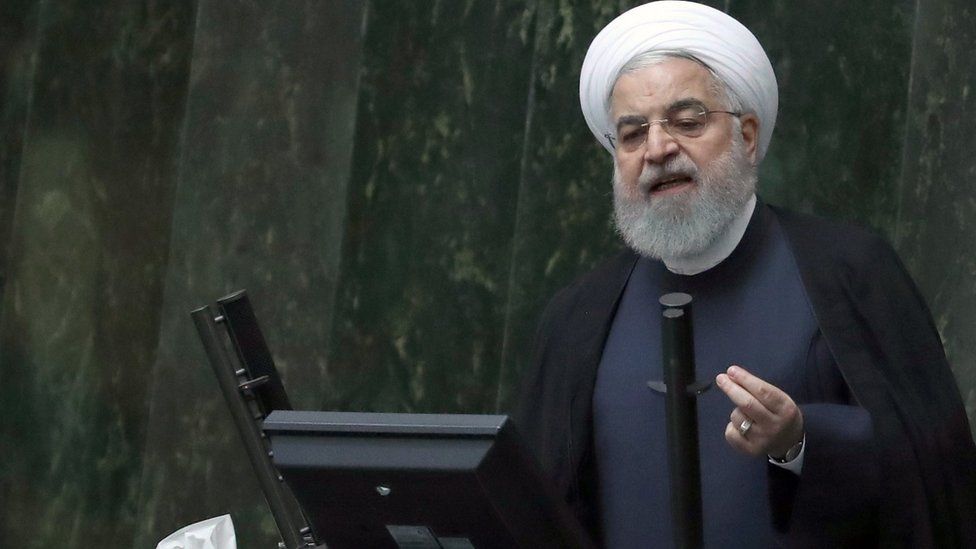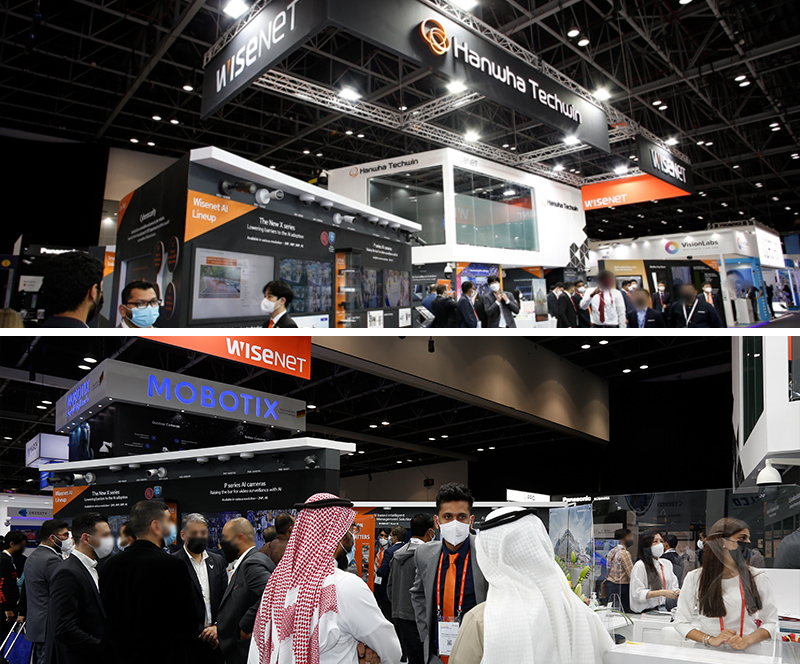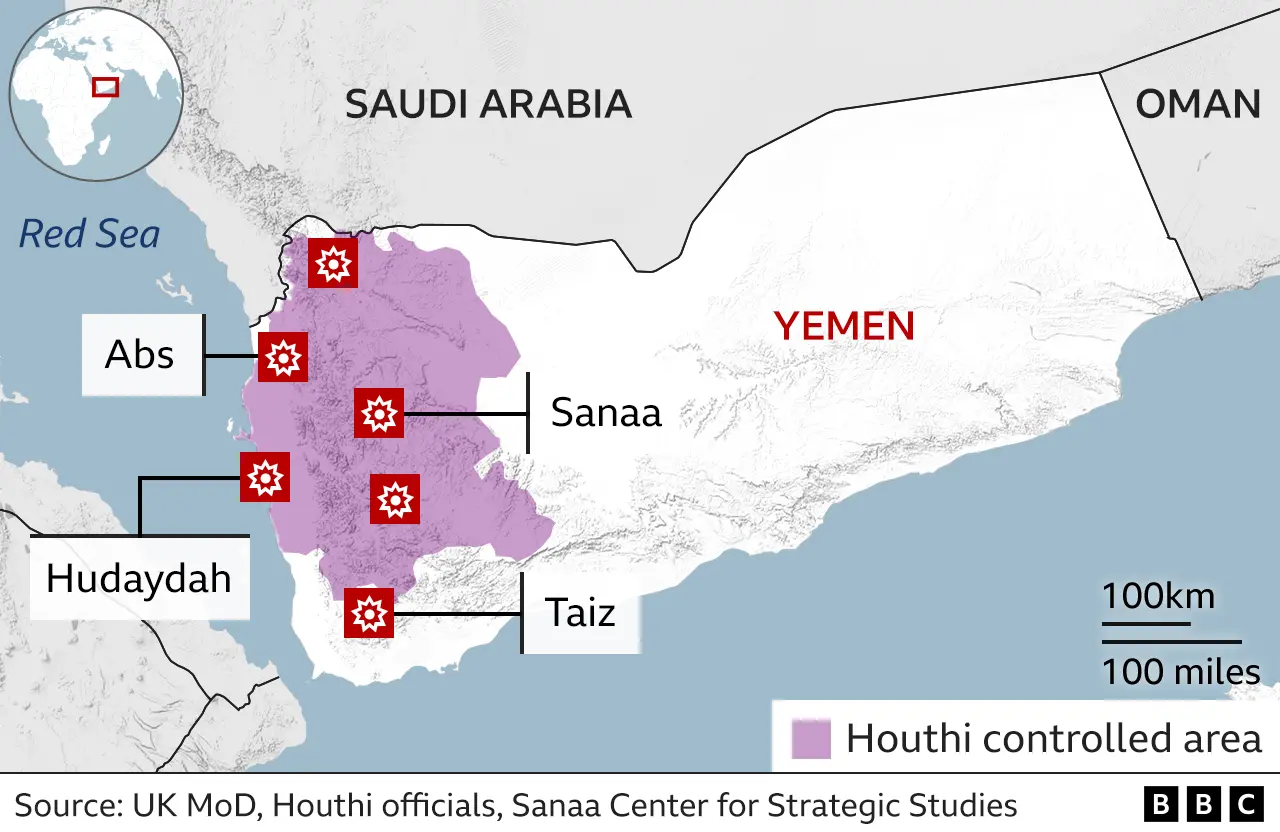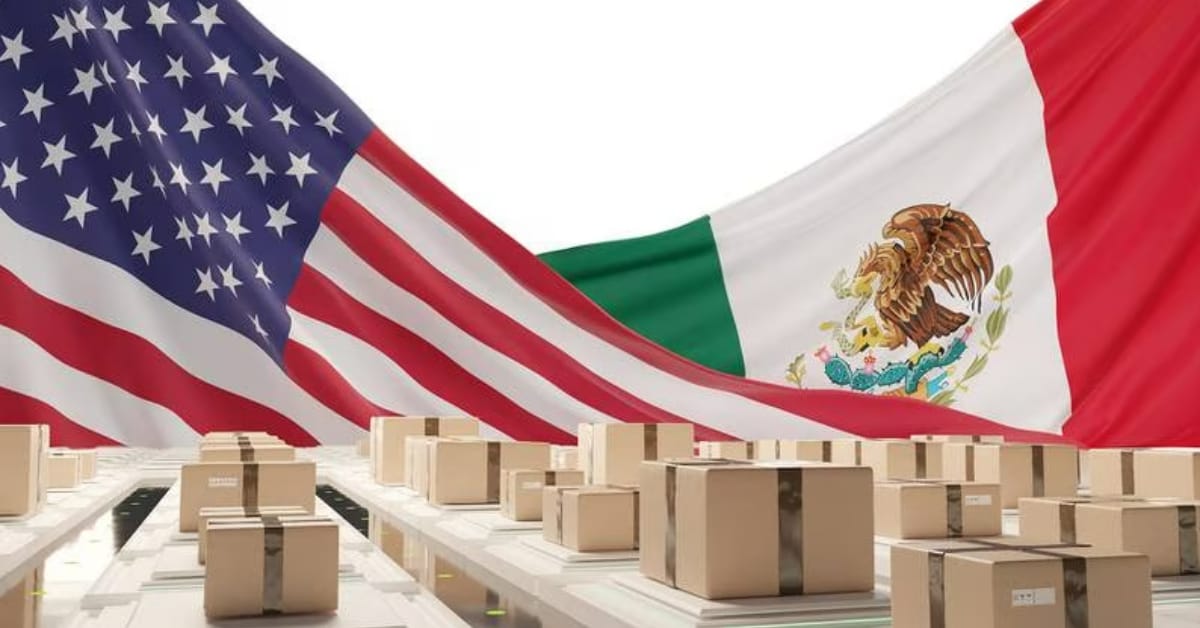Let’s be clear: Iran isn’t begging for a seat at the table. President Raisi, speaking today on National Nuclear Technology Day, has signaled a willingness to engage in indirect talks with the United States – but only if Iran’s dignity and interests are genuinely respected. This isn’t a climbdown, folks, it’s a strategic position.

This announcement, reported by IRNA, is a calculated move. It’s a direct message to Washington: We’re not afraid, and we won’t be pushed around. Raisi’s emphasis on “dignity and necessary guarantees” isn’t just rhetoric; it’s a non-negotiable line in the sand.
Now, let’s unpack what this means for the market. Geopolitical risk is always priced in, but this opens a narrow window for potential de-escalation. However, don’t expect a quick resolution. The past demonstrates Washington and Tehran’s deep distrust.
Understanding Iran’s Nuclear Program & Negotiation Stance:
Iran’s nuclear program began largely as a civilian energy initiative in the 1950s but expanded following the 1979 Islamic Revolution. Concerns arose later, focusing on potential weapons development.
Negotiations, primarily with the P5+1 group (US, UK, France, China, Russia, and Germany), resulted in the 2015 JCPOA – the Joint Comprehensive Plan of Action – limiting Iran’s nuclear capabilities in exchange for sanctions relief.
However, the US withdrawal from the JCPOA under the Trump administration in 2018 led to escalated tensions. Iran subsequently started exceeding JCPOA limits.
Today’s statement reinforces Iran’s position: they’re open to talks, but not at any cost. They want verifiable guarantees regarding sanctions relief and security assurances. This expectation remains central. The ball is now firmly in Washington’s court.





